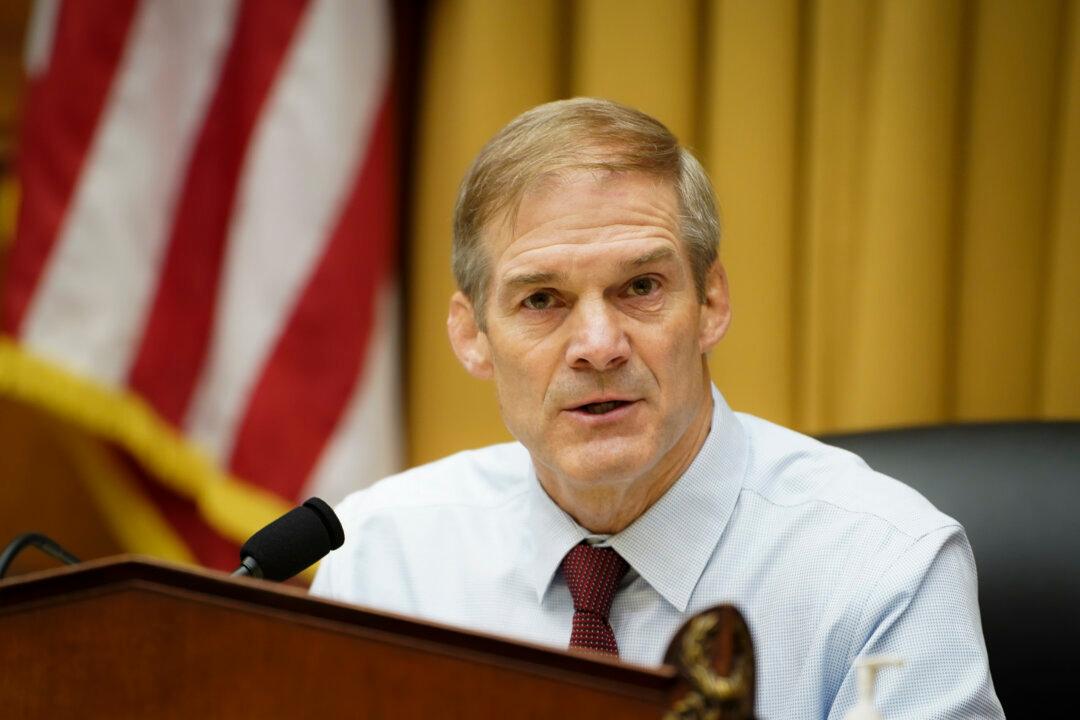The House Committee on the Judiciary is targeting the Center for Countering Digital Hate (CCDH) in its ongoing investigation of the Biden administration’s campaign to pressure social media companies into censoring dissenting voices.
The CCDH had published the now infamous “Disinformation Dozen” report, which the White House used and referenced in its correspondence to social media companies.





